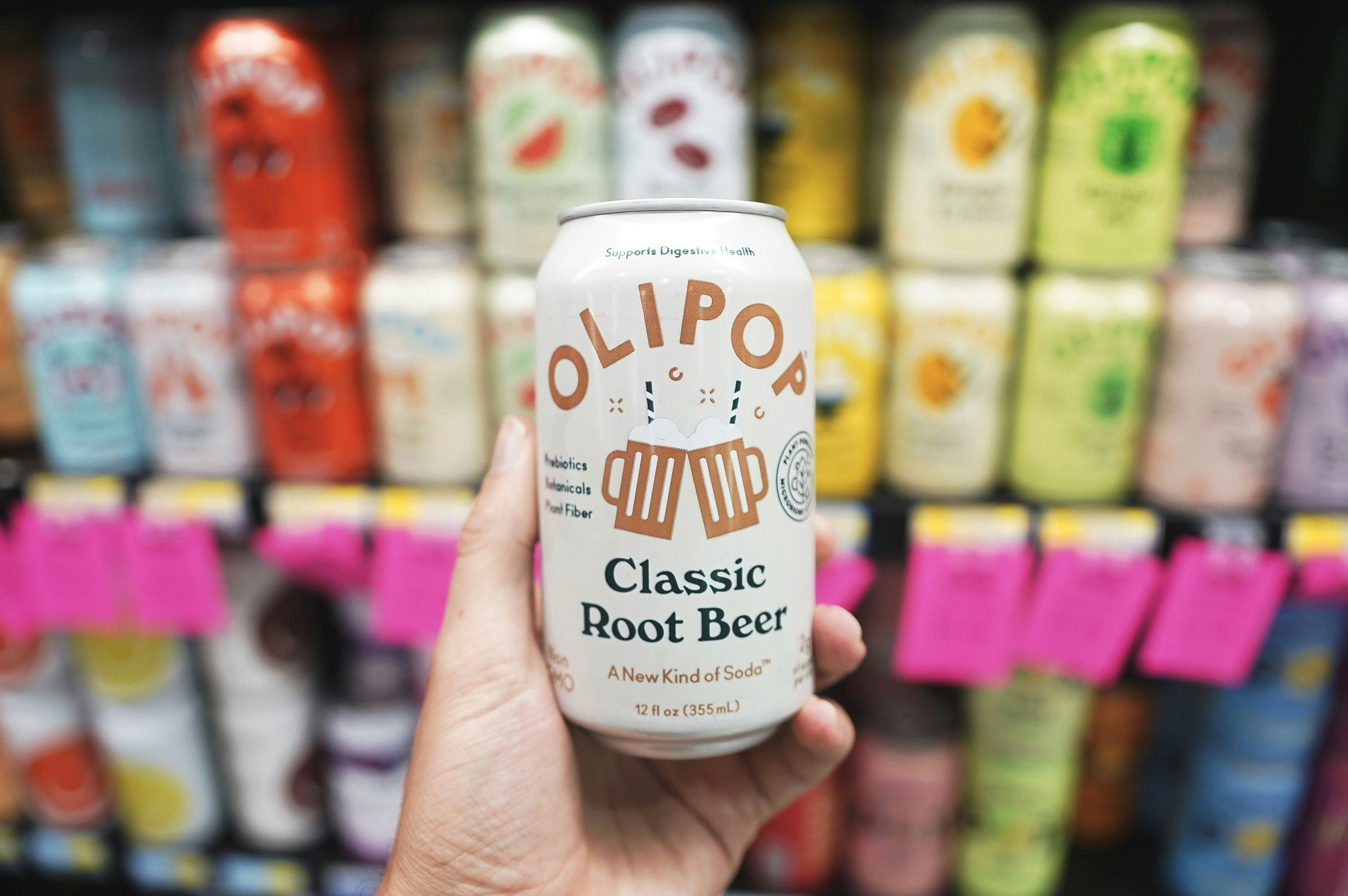Have you ever wondered why some dietary practices are emphasized more than others, or why certain foods are hailed as superfoods? Let’s journey together into one of the less discussed, yet incredibly impactful aspects of nutrition—prebiotics and their role in reducing oxalate absorption. This might sound like a niche topic, but it has broad and significant implications for your health.
Understanding Oxalates: A Primer
Before we dive into how prebiotics come into play, let’s get a handle on oxalates. These are naturally occurring compounds found in many foods, including spinach, nuts, and tea. While oxalates themselves aren’t inherently bad, an excess in your body can lead to problems like kidney stones. Your body can only handle so much oxalate before it gets overwhelmed, leading to complications.
Sources of Oxalates
You might be surprised at the widespread presence of oxalates in everyday foods. Here’s a quick rundown of some common sources:
| Food Item | Oxalate Content (mg per serving) |
|---|---|
| Spinach | 750 |
| Rhubarb | 580 |
| Almonds | 120 |
| Beets | 152 |
| Chocolate | 70 |
| Sweet Potatoes | 54 |
Understanding where oxalates come from in your diet can help you make better dietary choices, especially if you’re prone to kidney stones.
The Enigmatic World of Prebiotics
We often hear about probiotics—the good bacteria that help maintain gut health. However, less often do we talk about prebiotics, despite their significant role. Prebiotics are specialized plant fibers that act as food for the good bacteria in your gut. Think of them as the support system that ensures your probiotics can flourish.
Types of Prebiotics
Prebiotics come in various forms, and understanding these can help you make informed choices. Some common types include:
| Type | Source | Benefits |
|---|---|---|
| Inulin | Chicory root, garlic, onions | Promotes gut bacteria growth |
| Fructooligosaccharides (FOS) | Bananas, asparagus, artichokes | Improves digestion and mineral absorption |
| Galactooligosaccharides (GOS) | Legumes, beans, dairy products | Enhances immune function |
Incorporating these into your diet can support a healthy gut microbiome, creating an environment hostile to the overabsorption of oxalates.
Relationship Between Oxalates and Prebiotics
So how do prebiotics help with oxalate absorption? The answer lies in the complex interplay within your gut. Certain gut bacteria, like Oxalobacter formigenes, actively degrade oxalates. Prebiotics help nourish these bacteria, allowing them to thrive and perform their oxalate-reducing duties more effectively.
Mechanisms of Action
Several mechanisms explain how prebiotics help in reducing oxalate absorption:
-
Enhancing Beneficial Bacteria: Prebiotics promote the growth of Oxalobacter formigenes and other beneficial bacteria that can metabolize oxalates.
-
Gut Barrier Integrity: A healthy gut barrier, strengthened by prebiotics, can reduce the amount of oxalates that pass into your bloodstream.
-
Reduced Inflammation: Prebiotics contribute to a balanced gut microbiome, which can reduce inflammation and, consequently, lower oxalate absorption.
Scientific Evidence
Let’s talk about what science says. Multiple studies have highlighted the role of prebiotics in reducing oxalate levels:
- Study 1: A 2017 study found that participants who consumed prebiotics had a significant reduction in urinary oxalate levels.
- Study 2: Research in 2019 showed that animals fed a prebiotic-rich diet had less oxalate deposition in their kidneys.
These findings make a compelling case for including prebiotics in your diet for long-term health benefits.
Practical Tips for Incorporating Prebiotics
You’re probably wondering how to get more prebiotics into your diet. Here are some practical tips:
Food Sources
Incorporate a variety of prebiotic-rich foods into your meals. Here’s a guide to get you started:
| Prebiotic Source | Suggested Use |
|---|---|
| Chicory Root | Add to salads or use as a coffee substitute |
| Garlic and Onions | Incorporate into soups, stews, and sauces |
| Bananas | Snack on them raw or add to smoothies |
| Asparagus and Artichokes | Steam or roast as a side dish |
| Legumes and Beans | Add to soups, stews, and salads |
Supplements
Sometimes, it’s tough to get enough prebiotics solely through food. Prebiotic supplements can bridge this gap, but choose wisely. Look for high-quality products that are free from fillers and additives.
Habit Changes
Small changes can make a big difference. Start by adding more fruits and vegetables to your diet and gradually incorporate other prebiotic sources. Don’t forget hydration—adequate water intake helps your digestive system function smoothly.
Potential Pitfalls and How to Avoid Them
While prebiotics offer numerous benefits, they aren’t without their pitfalls. Here’s what you need to know to avoid common issues.
Digestive Discomfort
Introducing prebiotics can sometimes lead to gas and bloating. This is often temporary as your gut adjusts.
- Tip: Start slow. Gradually increase your intake to allow your gut to adapt.
Quality Matters
Not all prebiotic supplements are created equal. Poor-quality supplements may do more harm than good.
- Tip: Choose reputable brands and consider consulting a healthcare provider for recommendations.
Dietary Imbalance
Over-reliance on prebiotics at the expense of other nutrients can create dietary imbalances.
- Tip: Maintain a balanced diet that includes a variety of fiber sources, proteins, and healthy fats.
Special Considerations
Certain groups of people need to be extra cautious about oxalate absorption and the inclusion of prebiotics.
Kidney Stone Sufferers
If you have a history of kidney stones, moderated oxalate intake and enhanced prebiotic inclusion can be beneficial.
- Consult a Specialist: Always consult a healthcare provider for personalized advice.
Vegans and Vegetarians
These diets can be naturally high in oxalates due to heavy reliance on plant-based sources.
- Diversify Your Diet: Ensure your diet includes a variety of low-oxalate, prebiotic-rich foods.
Individuals with Gut Disorders
If you have a gut disorder like IBS, introducing prebiotics should be approached cautiously.
- Monitor Your Response: Keep an eye on how your body reacts and adjust accordingly.
Closing Thoughts
Prebiotics might not make the headlines as often as more well-known dietary components, but their importance can’t be overstated. By promoting a healthy gut microbiome, prebiotics help reduce oxalate absorption, leading to better overall health. So next time you’re planning your meals or considering supplements, give some thought to these unsung heroes of the nutritional world. Prebiotics could very well be the key to unlocking a healthier, happier you.
In the end, understanding the role of prebiotics in reducing oxalate absorption bridges the gap between a balanced diet and preventative health care. It’s about making informed choices that benefit your body in the long run, one prebiotic at a time.




